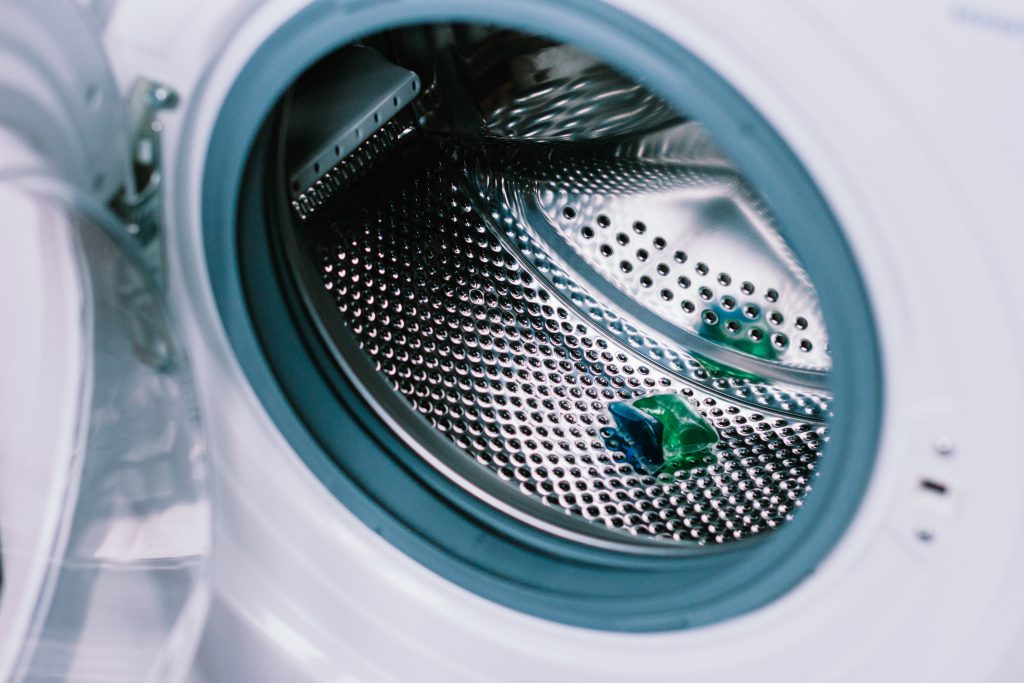Analysis of Automation in Press Operations
페이지 정보

본문
 Automatic oil filter press machine presses have revolutionized the manufacturing process of various industries by offering high productivity and quality control. However, manual filter presses still have their own set of advantages and are in use due to their cost-effectiveness and suitability for small-scale operations. In this comparative analysis, we will explore the key differences and applications of automatic and manual filter presses.
Automatic oil filter press machine presses have revolutionized the manufacturing process of various industries by offering high productivity and quality control. However, manual filter presses still have their own set of advantages and are in use due to their cost-effectiveness and suitability for small-scale operations. In this comparative analysis, we will explore the key differences and applications of automatic and manual filter presses.Automatic filter presses are designed with the help of computer-controlled systems to regulate and monitor various parameters. This level of automation ensures that the operation is highly productive, minimizing labor-related risks. The press cake is compressed to the optimal level, and excess liquid is squeezed out efficiently. Automatic presses also optimize the washing process, resulting in lower operational costs and increased productivity.
manual filter presses, on the other hand, rely on experienced workers to adjust and maintain the press. These presses offer a more cost-effective option due to the absence of computer-controlled systems. They are ideal for small businesses or organizations that emphasize efficiency over output.
Despite the advantages of automatic filter presses, they come with a substantial operational costs. Automatic presses require a considerable initial investment, which may be a barrier for small industries or startups. In contrast, manual filter presses are more budget-friendly and generate profits at a faster rate.
In terms of performance, automatic filter presses generally supersede manual presses due to the increased automation. Automatic presses can required higher output rates and achieved better production quality compared to manual presses. However, manual presses can be suitable for operations with predictable production outcomes and quality standards.
In summary, the decision between automatic and manual presses depends on multiple factors, such as production capacity, cost considerations, and desired efficiency. Automatic filter presses are required for companies or organizations with high production demands and stringent quality requirements. Manual filter presses, on the other hand, are practical for small-scale applications or industries with fewer operational requirements. By understanding the key differences and applications of automatic and manual filter presses, industries can make an informed choice and select the most suitable press for their distinct operations.
- 이전글Choosing Between Alternate Filter Press Designs 25.06.10
- 다음글Can you buy cannabis seeds from a cannabis club? 25.06.10
댓글목록
등록된 댓글이 없습니다.